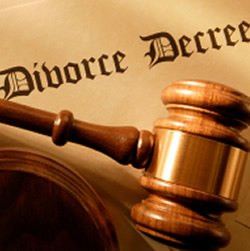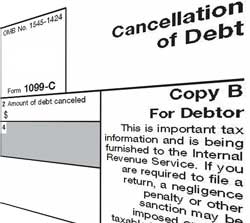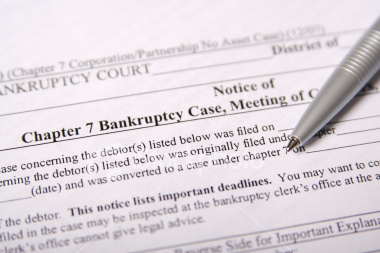This is a question asked by many of my St. Louis bankruptcy clients at this time of year. The answer is: sometimes yes, sometimes no.
Let me give a fuller answer by explaining how tax refunds work in a Chapter 7 and a Chapter 13 separately. We’re currently right in the middle of tax season. Everyone is filing the proper forms, and expecting a refund. This is also a time of the year where a lot of people think about filing for bankruptcy because they are getting a refund back from the government. and want to use it to pay their filing fees.
So let’s say you are expecting a large refund. Somewhere in the neighborhood of $5,000.00 or more. If we’re talking about a Chapter 7, what I always suggest to my clients is to do the taxes first, get the refund, spend it, then we’ll file the bankruptcy. Why? We could file the bankruptcy petition before you do your taxes, but the Trustee (the person is appointed by the government to look at your case with a magnifying glass) will take the vast majority of it. He or she will take a small percentage of the refund for his/herself, and then distribute the remainder to your creditors. But we’re trying to discharge the creditors, not give them any more of your money.
Now I’m not suggesting that you get your refund and blow it all at Best Buy. Just the opposite. I’m suggesting that you spend it on things that you need. Some examples would include: new set of tires, repairs to your car, paying your car insurance, catching up on the mortgage, etc. Because if you get a tax refund and spend it before filing for bankruptcy, the Trustee is going to want to know what you spent it on. If you say that you spent it on a new stereo, big screen tv, and a bunch of dvds, the Trustee is going to make the argument that you misspent the refund, and as a result defrauded your creditors. However, if you’re able to honestly tell the Trustee that the refund was spent on necessary items, you should be okay.
In a Chapter 7, I always suggest doing your taxes first so that you have a chance to spend the refund. Of course, people file Chapter 7 bankruptcies throughout the course of the year, not just tax season. What if you need to file in early November? Again, I normally suggest that if you are anticipating a large refund, to wait until the beginning of the new year so that you can do the taxes and get the refund. But if you can’t wait that long (because the creditors are starting to garnish your wages, or repossess your car), and it’s necessary to file the Chapter 7 immediately, then yes, there is a strong possibility that the Trustee is going to want the refund. But that would only be the one time; it’s not as if the Trustee can take refunds annually, unless you file a Chapter 13 bankruptcy.
Continue reading →
 Nowadays, many individuals filing for divorce are in serious financial distress. These individuals are often considering a St. Louis Chapter 7 bankruptcy filing in addition to dissolving their marriage. Filing for St. Louis bankruptcy prior to divorcing has some serious benefits. Here are a few reasons why you might want to consider a joint bankruptcy filing before divorce:
Nowadays, many individuals filing for divorce are in serious financial distress. These individuals are often considering a St. Louis Chapter 7 bankruptcy filing in addition to dissolving their marriage. Filing for St. Louis bankruptcy prior to divorcing has some serious benefits. Here are a few reasons why you might want to consider a joint bankruptcy filing before divorce:






